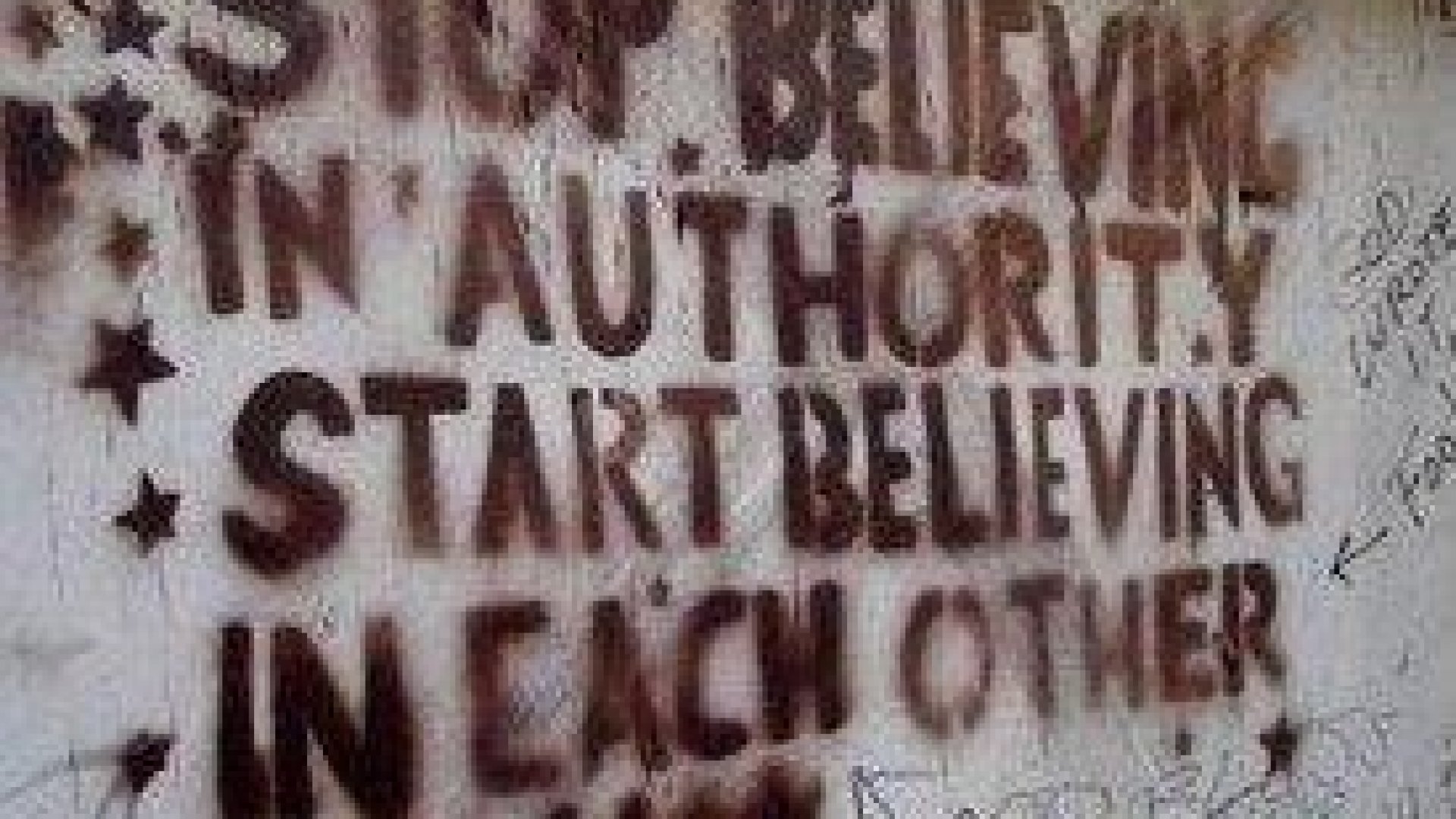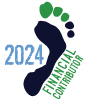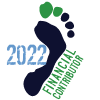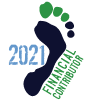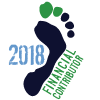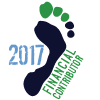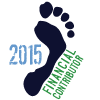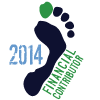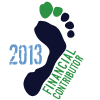The Barefoot Running Coach Certification Alternative
By Jason Robillard
This topic has been raised again recently in the forums here, and prompted the creation of the new Coach Talk forum; be sure to check it out. Thank you, Jason, for allowing us to republish your article. ~TJ
The barefoot running coach certification issue has created quite the firestorm of opinions, which I love. More and more barefoot runners are weighing in on the issue. Christian’s recent post has been one of the best, and not only because he agreed with some of my issues. At the end of the post, Christian states that barefoot running coach certification is acceptable because it’s better than the alternative, which is nothing.
If there were no alternative, I would agree.
Fortunately, there IS an alternative!
First, some perspective. I was a high school teacher for twelve years. Our system of formal education here in the US and most of the Western World is based on the idea that an all-knowing “teacher” will impart knowledge on inferior “students.” While we liked to talk about teaching things like critical thinking and logical discourse, we really spent all our time teaching students how to conform and be obedient to authority.
Such is the nature of a meritocracy.
We forced kids to jump through hoops to earn “credentials” like a diploma. Those that followed the rules like good sheep were rewarded. Those that rebelled against the system were punished until they fell in line. If they didn’t fall in line, they were banished for the system (dropouts.)
Creativity and original thought was only allowed if it fell within the acceptable range allowed by the “expert” (the teacher.) REAL original thought and dissent was ruthlessly crushed.
The Problem With Any Certification Program
What does this have to do with barefoot running coach certification?
Certification is based on the idea that an all-knowing “expert” deems what should be known and professes it to their students. Students are expected to follow their teachings in order to achieve the certification. The “expert” has determined they know the truth, and are the lone givers of this critical knowledge. Critical thought is squelched. The expert has no interest in learning from their pupils since there’s an imbalance in power. It’s a one-way street.
This system is the exact same bullshit that pervades our education system today. Shelly and I eventually got sick of swimming against the stream. My goal was to get students to think, not uncritically accept everything I say as “the truth.” I have seemingly obvious biases that pervade my teaching. I wanted my students to recognize that and challenge me. When that occurred, I knew I was successful in fostering their ability to think critically.
This is also the reason we decided to homeschool or kids… the current state of our education system rewards conformity and deference to authority, not critical thought. As long as our schools are obsessed with the Procrustus-like system of teaching to a standardized test, (thanks, No Child Left Behind), we’ll keep doing our own thing.
What is the Alternative?
Back to the cert issue. What is a better alternative?
We need to look at the free school movement, which I think is a far better alternative than our current school systems.
The idea is simple- anybody can teach anything they want to anyone that is interested in learning. The teachers are doing it as much to learn as they are to teach. Discourse is welcomed. Ideas are shared. The formal “expert” and “subservient pupil” dynamic is eliminated. Ideas are democratized, not monopolized.
What would this look like? Imagine an organization like the Natural Running Center as the organizing body. All of the members of the NRC could offer classes, either in-person or virtually. They would talk about their specific areas of expertise. Some would be research-based. others would give practical barefoot tips. Still others would talk about coaching best practices. Non-NRC members could also hold these classes. The idea would be to share as much divergent information as possible.
Information collectives always trump top-down authoritarian programs. Take the Run Smiley Collective as an example. It is a group of people dedicated to sharing the idea of celebrating the intrinsic joy of running. The group wouldn’t have as much impact if it were a single person acting as a Run Smiley Czar.
The NRC would also force a shift away from “barefoot running” toward the more inclusive “natural running” idea, which is something that needs to be done. Many of us have noted that barefoot running is a GREAT way to learn good form, but it’s not the only way. Focusing on natural running would include those that have already been doing similar work like the ChiRunning, POSE, Good Form, and Evolution Running folks.
Equal Opportunity
When I attended the NYC Barefoot Run, there were two well-defined groups- the “A” list Kudus (of which I was one), and the “B” list Merrell round-table members (of which I was also a member.) The implicit message was clear- the first group had more valid information to share. Pretty much everyone that was written a report noted the same thing.
I can unequivocally say every single member of the “B” team was just as qualified to share their own unique barefoot running knowledge as the “A” team. People like Josh Sutcliffe, Kate Kift, Pete Larson, Tucker Goodrich, Christian Peterson, Mark Cucuzzella, Justin Owing, etc. have just as much to contribute as Ken Bob Saxton, Ted MacDonald, Michael Sandler, and me.
The fact that we’re moving toward a model that marginalizes the thoughts and opinions of the B-list group is bullshit. Certification only reinforces the idea that some people are more qualified than others, which is clearly not the case. All of us, from the most well-known A-lister to the most obscure D-list blogger or forum participant to someone just starting the transition can provide valuable information to the community. Furthermore, several of the A-listers seemed to be the least likely to want to learn from others, which is the kiss of death for any teacher.
The highest compliment I received in a long time came from Patrick Sweeney’s report of the weekend. When holding my clinic in Battery Park, he noted I seemed to be just as interested in learning from the people that gathered around me as I was to teach them. It’s arrogant to assume others don’t have anything to teach me, even if they are my “students.”
Anyway, the people that would attend the NRC classes would be free to engage in discussion as they saw fit. Pupils are seen as equals with valued thoughts and opinions. Teachers would be learners as much as teachers. Through this method, anyone that has a novel idea about barefoot running would have the opportunity to share their ideas, get feedback, and stimulate intelligent discussion. THIS is the way ideas are shared and advanced.
If someone were interested in becoming a coach, they could list the classes they’ve “attended”, ideas they’ve shared, and their general philosophy on running and coaching. In practice, it would be similar to Christian’s idea of obtaining multiple certifications, then using that knowledge to choose the best method for each individual client (GREAT idea, BTW, but horribly expensive.) Based on the cost idea, this concept would open the coaching realm to those that cannot afford single certifications, let alone multiple certifications. Socio-economic status should NOT be a barrier to coaching.
Cost
One issue that has arisen is the cost of the current certifications. This is tricky as cost is an obvious problem for some people. I am a firm believer in the free sharing of information and ideas. However, I also recognize the need for people to be fairly compensated for the work they do. Vivobarefoot’s cert is expensive, but it also requires a ton of work on the part of the instructors. I don’t have a problem with that, especially since they also give away a ton of quality information. I don’t expect everybody to get rid of their belongings and move into a travel trailer to be able to afford to spread knowledge (though I would recommend it.)
In my free barefoot school, the instructors could charge a nominal fee if they so desired, or they could offer their classes free of charge. If the class attendees were allowed to rate the class, the market would dictate appropriate fees. Ideally, everything would be free of charge, but that would require a larger battle with our capitalist society. Capitalism isn’t inherently bad, though it does tend to create financial barriers which can inhibit progress. Besides, there are enough of us willing to spread the word for free to keep the market prices very low.
[Edit- I'm not against the idea of charging fees in exchange for knowledge, it's just that we have to understand there's a trade-off. As soon as we charge money, we set up a barrier for entry. That can be an acceptable tradeoff as long as we acknowledge it exists. Furthermore, I am definitely not opposed to people making money off actual coaching. If people are spending time and effort on anything, they should be duly compensated.]
How to Assure Quality
What about quality assurance of coaches? After all, this is usually the first line touted in defense of any type of certification. The assumption is certification assures a minimum level of competence. Having been involved in all types of assessment development and deployment, I can safely say a test, whether it is objective or subjective, is one of the least valid measures of competence. Anybody can learn to pass a test if they understand the variables that go into making and grading the test.
There’s a more reliable solution to measuring and filtering competence: Community grading.
TJ Gerken, the founder of the Barefoot Runners Society, came up with a brilliant solution. She created a “barefoot coach locator” map which can be found here. Anybody that identifies themselves as a coach and offers services can add their names to the map which includes biographical information.
This idea could be taken a step farther by including the ability for clients to rate and add coach reviews. It would be a system much like what Amazon, IMDB, and Reddit uses to rank quality. Great coaches would get the highest marks. Sh!tty coaches wouldn’t. Want to measure competence? There’s no better method.
In Conclusion
If we’re genuinely interested in spreading ideas, we cannot support systems that act as gate-keepers to prevent any and all interested parties from participating. Certification-based systems do just that- they act as gatekeepers that prevent democratic participation.
The free school model of barefoot coach training an out-of-the-box solution, but I sincerely believe our old way of doing things is flat-out stupid. The more voices we have in the conversation, the more progress we make. There is a better alternative to antiquated certification systems, and this is it.
All of us, regardless of our pedigree, degrees, or past experiences, have the potential to be ground-breaking contributors. A certification system marginalizes people; it assumes only a select few have the capability to contribute. We need a system that’s based on the idea that all of us are valuable contributors. We need a system where we believe in each other. The free school idea does just that.
What do you think? Do you agree that everyone should have a voice in the barefoot community? Share your thoughts in the comments section!
Also, if you think this is a idea worth sharing, please share this post (Twitter, Facebook, Google+, forums, your blog, etc.) The more steam this idea generates, the more people we’ll get to participate, which will make it more successful.
http://barefootrunninguniversity.co...foot-running-coach-certification-alternative/



